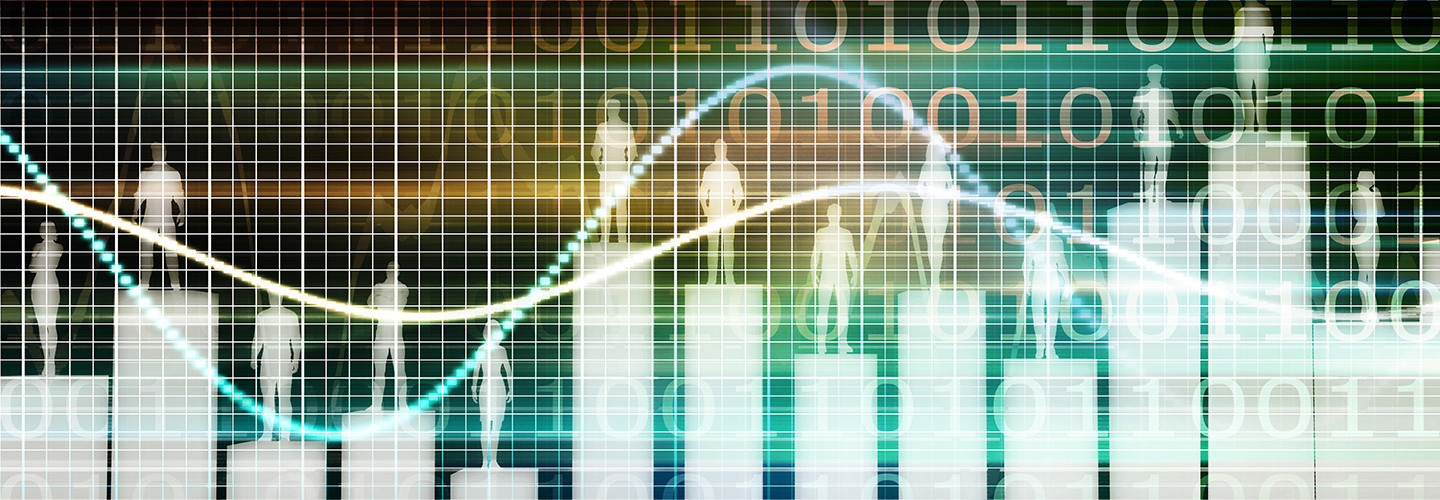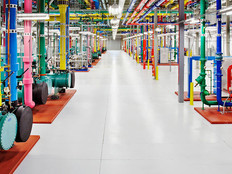AI and Machine Learning Could Reshape Small Business Accounting and Invoicing
Artificial intelligence is in your smartphone and soon could be in your accounting department.
As AI and machine learning expand into new areas, the technologies could bring benefits to small and medium-sized businesses. While AI will likely eliminate some kinds of jobs, it could make others much easier, as accounting teams are able to work with customers more easily and sift through financial data faster to make sense of the numbers. AI could also free up accountants and small business owners to work on other tasks that require more personalized touches and skills.
In a December 2016 report from consultancy Accenture, the firm notes that “automation, minibots, machine learning and adaptive intelligence are becoming part of the finance team at lightning speed,” and that it expects “30 to 50 percent of traditional shared services roles, including those in finance, will disappear over the next five years thanks to them.”
The report adds: “As routine tasks become automated, finance professionals will be freed up to focus on more judgment-intensive activities. Some jobs will disappear, others will transform, and new roles will emerge.” According to Accenture, by 2020, more than 80 percent of traditional finance services will be delivered by cross-functional teams that include AI.
How AI Could Help SMB Accounting
How will this new wave of technology change how SMBs do their bookkeeping?
Levi Morehouse, founder and CEO of Ceterus, which provides cloud-based automated accounting and record keeping for small businesses, says SMBs should not be afraid.
“In fact, there are plenty of reasons to be excited for the future of accounting — as long as you’re not stuck in old ways and you are willing to becoming what I like to call a ‘robo-accountant,’” he says in a Forbes column. “I describe robo-accountants as accounting or finance professionals who have adopted automation to perform time-consuming, redundant and repeatable data-entry tasks. They aptly interface with these automation bots and use their personal experience, education and instincts to bring value to business decision makers.”
Morehouse notes that accounting technology has evolved over time and businesses have taken advantage of advances in computing power to help do their books and run their businesses. In the 21st century, small businesses have relied on cloud tools to access their accounts from anywhere.
Yet, Morehouse argues, the playing field should shift from tools to solutions, an AI and the cloud can help in that. “Machines have the ability to compute massive amounts of data almost instantaneously, and humans have the ability to spot inconsistencies and exceptions to the rules,” he says. “The key is pairing them together. Accountants will leverage the computing power of software and AI to help them better manage clients’ financials while providing an accounting and bookkeeping solution.”
Machine learning — a subset of AI which uses algorithms to detect patterns, and then can predict outcomes and potentially operate autonomously — will help small business owners and finance teams at larger companies, Morehouse argues. Looking over the books will become “increasingly less tedious over time” and those jobs “will become less about entering data and more about assisting with high-level decisions. It will empower you to leverage your professional knowledge, not just your willingness to grind.”
SMBs should invest in moving data to the cloud, training employees on value-added analysis so that they can interpret data better for customers.
New Machine Learning Solutions for SMBs
Earlier this month, cloud accounting software firm Xero unveiled a new product that it says will bring machine learning into the world of small business invoicing.
As PYMNTS.com reports, “Xero is deploying a machine learning automation system that will help businesses’ specific needs, including automated invoice categorization. According to the company, the technology will learn over time how to categorize those invoices so accountants and small business owners will no longer have to do so manually.”
“Before we work with a client, we always review their balance sheet to see if items are correctly allocated,” Andrew Erkins, director of business development and technology at Digit Books, a Xero partner, said in a statement. “They very rarely are, and so a lot of our time is spent playing catch-up, fixing errors. Xero’s machine learning can help us spend less time on these low value exercises and more time adding value to our clients by providing expert advice.”
As ZDNet reports: “Xero says early trials of the machine learning system have demonstrated significant improvements to the invoice process. After one invoice, machine learning techniques understood invoicing behavior in general better than Xero experts. By the fourth invoice, the system was accurate over 80 percent of the time and by the 50th invoice, the accuracy consistently surpassed 90 percent.”
“Machine learning and automation will open up the next phase of innovation in accounting, driving a transition in the industry bigger than the move to the cloud did ten years ago,” Xero CEO Rod Drury said in a statement. “With technology doing more of the time-consuming, data entry work, we will see more accountants take on advisory and virtual CFO roles within the small businesses they support.”








